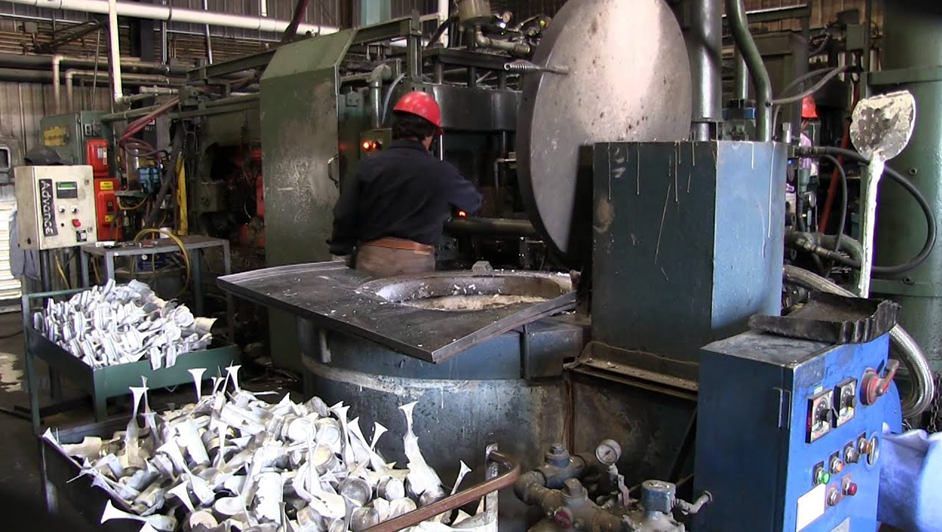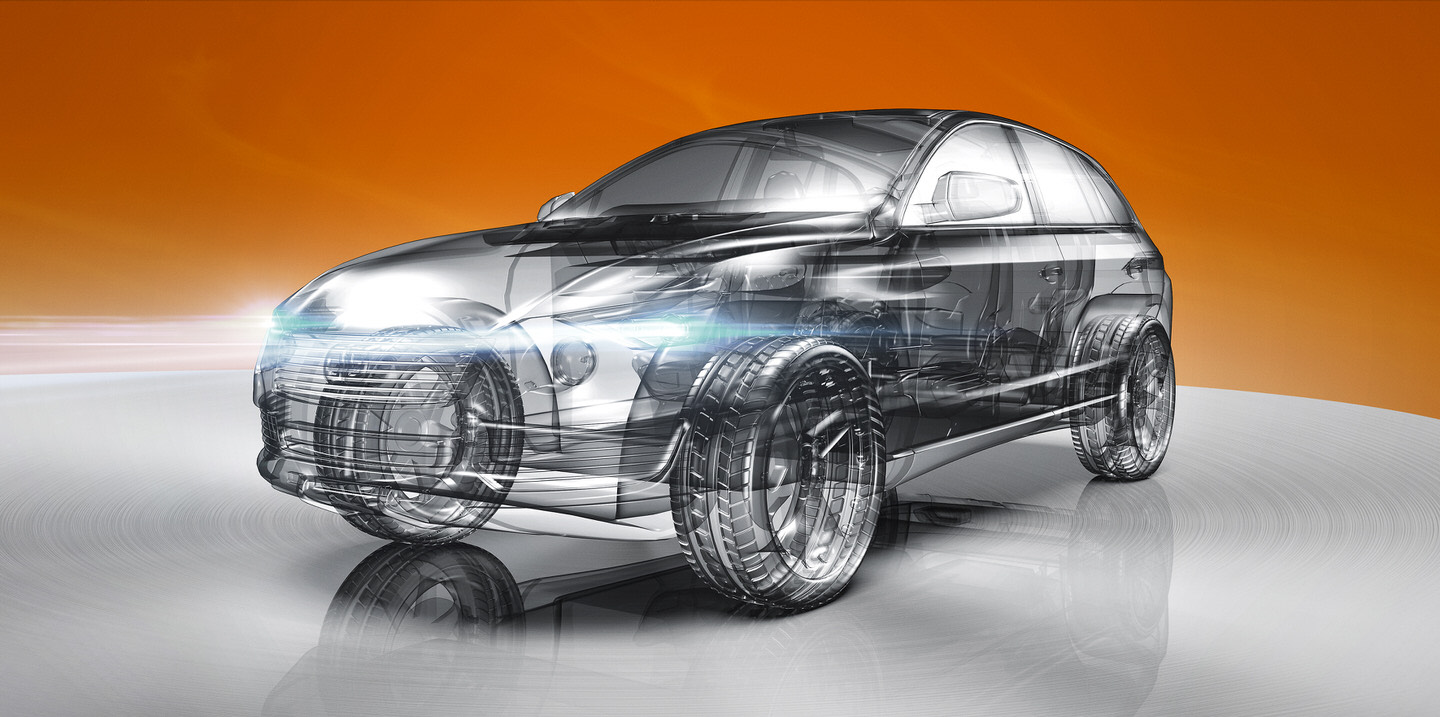Die casting is a manufacturing process that involves injecting molten metal into a die or mold under high pressure. The high pressure helps ensure that the metal fills every crevice of the mold and produces a consistent, high-quality product.
To achieve the desired results, die casting requires specific materials that are suitable for the process. In this article, we will take a closer look at the materials used in die casting.
1. Aluminum
Aluminum is one of the most commonly used materials in die casting. It is lightweight, strong, and has excellent thermal conductivity. These properties make it ideal for use in the production of automotive and aerospace parts, electronic components, and consumer products.
Aluminum alloys typically used in die casting include:
– A380: This is the most commonly used aluminum alloy for die casting. It offers good ductility, high strength, and excellent corrosion resistance.
– A383: This alloy offers better resistance to hot cracking than A380 and is often used to produce automotive parts.
– A360: This alloy has good corrosion resistance and is commonly used to produce electrical components.
2. Zinc
Zinc is another popular material used in die casting. It is lightweight, has a low melting point, and is easily molded into complex shapes. Zinc is commonly used to produce parts for the automotive industry, as well as for consumer products such as toys and hardware.
Zinc alloys typically used in die casting include:
– Zamak 3: This is the most commonly used zinc alloy for die casting. It offers good strength, hardness, and ductility.
– Zamak 5: This alloy has higher strength and hardness than Zamak 3 and is often used to produce parts for the automotive industry.
– ZA-8: This alloy offers excellent creep resistance and fatigue properties, making it ideal for use in parts that undergo high stress.
3. Magnesium
Magnesium is a relatively new material used in die casting. It is extremely lightweight, with a density that is about one-third that of aluminum. Magnesium is commonly used to produce automotive parts, as well as for consumer electronics and medical devices.

Magnesium alloys typically used in die casting include:
– AZ91D: This is the most commonly used magnesium alloy for die casting. It offers good strength, ductility, and corrosion resistance.
– AM60B: This alloy offers better corrosion resistance than AZ91D and is often used to produce automotive parts.
4. Copper
Copper is a material that is not commonly used in die casting due to its high melting point and poor fluidity. However, copper alloys can be used in die casting if special techniques are employed.
Copper alloys typically used in die casting include:
– Brass: This alloy is a mixture of copper and zinc and is commonly used to produce plumbing fixtures, hardware, and musical instruments.
– Bronze: This alloy is a mixture of copper and tin and is often used to produce bearings and bushings.
In conclusion, die casting requires specific materials that are suitable for the process. The most commonly used materials include aluminum, zinc, and magnesium, while copper alloys can also be used with special techniques. By choosing the appropriate material for the application, manufacturers can produce consistent, high-quality products.
-

- Magnesíum álfelgur Thixomolding rafmagnsdeigshús
-

- 2022 Heildsölu Heitt Sala Reiðhjólavarahlutir Magnesíumblendi barnahjól Ekkert Pedal Balance Reiðhjól Krakkar Margir litir í boði
-

- Mangensium álfelgur deyja-steypu Thixomolding málmhlutar
-

- Magnesíumblendi steypuhlutar og íhlutir fyrir rafhjól
-

- Magnesíum álfelgur deyja-steypu Bílavarahlutir RDM húsnæði
-

- Magnesium alloy die-casting rigid fork for bike

 0086-750-5616188
0086-750-5616188 +86 13392089688
+86 13392089688 sales@zhongmei-tech.com
sales@zhongmei-tech.com







